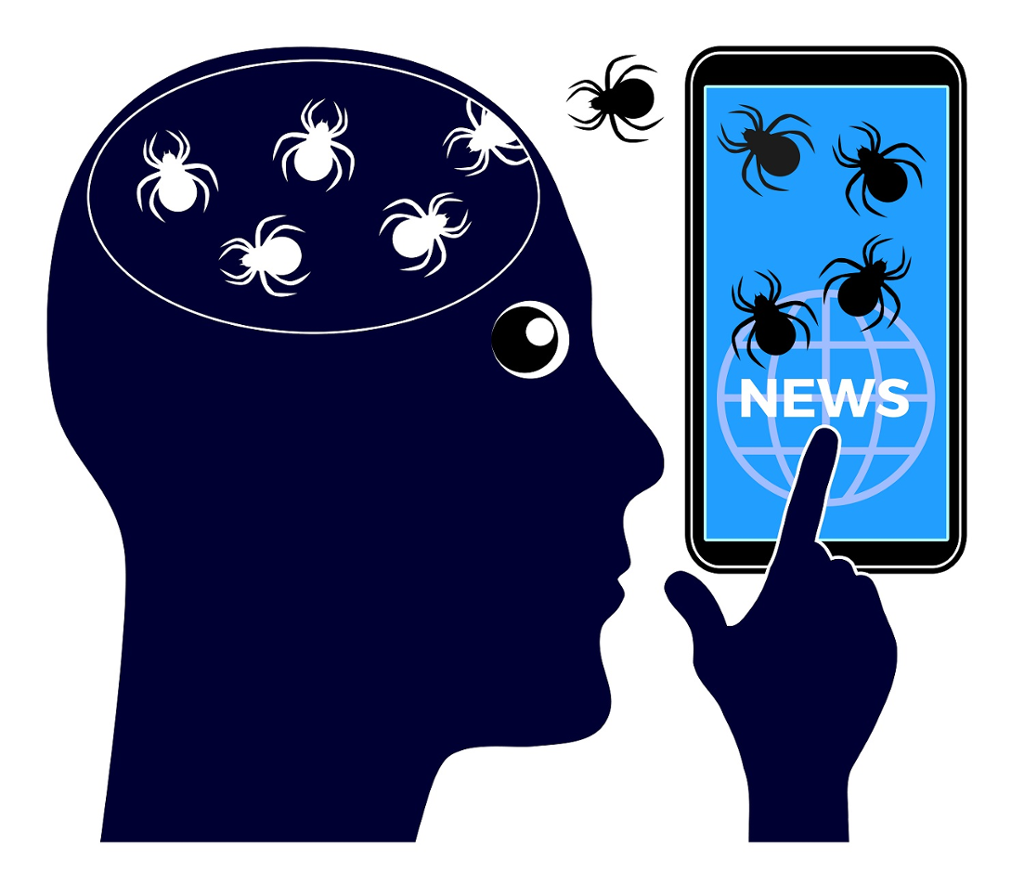Written by Gianluca Quaglio with Sophie Millar,

The internet has received increasingly negative media coverage in recent years. Numerous articles have reported on major privacy scandals and security breaches, the proliferation of fake news, harmful behaviours such as cyber-bullying, cyber-theft, revenge porn and internet addiction, as well as the negative effects that the internet can have on social relationships and social cohesion.
Although the social and economic benefits of the internet are undeniable, the way in which the internet has developed has also been detrimental to a number of core European values such as equality, respect for human rights and democracy. Due to this, technology companies are coming under increasing pressure to mitigate the harmful effects of the internet, whilst politicians and opinion leaders are advocating drastic measures to reverse such impacts.
This paper presents a summary and an update of some key findings of the two-part STOA study entitled ‘Harmful internet use’. It does not cover all potential societal harms relating to the internet, which include – amongst others – negative impacts on privacy, harm related to cybersecurity and cybercrime, negative effects on knowledge and beliefs and negative effects on democracy and democratic citizenship.
Read this complete ‘in-depth analysis’ on ‘Potentially negative effects of internet use‘ in the Think Tank pages of the European Parliament.








Nicht alles ist negativ? Aber wir werden auch mit Fak-News (Neuheiten) konfrontiert die nicht der Wahrheit entsprechen und das nicht über das Internet sondern über Medien-Berichte. Wenn sich gewisse Medien finanziell nicht erhalten können und auf politische finanzielle Unterstützung angewiesen sind sollte man einen Schlussstrich ziehen.